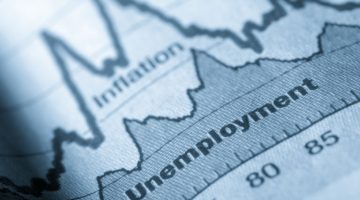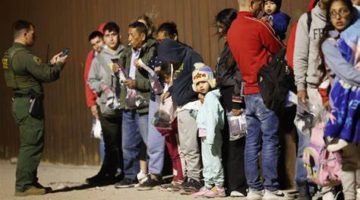 RICHMOND HEIGHTS – Efforts to counter a U.S. Supreme Court ruling that invalidated the key Section 5 provision of the Voting Rights Act has picked up steam with both President Barack Obama and U.S. Attorney General Eric Holder promising to push for restoration of the measure in some form. U.S. Supreme Court Justice Ruth Bader Ginsburg said doing away with the provision was “like throwing away your umbrella in a rainstorm because you are not getting wet.”
RICHMOND HEIGHTS – Efforts to counter a U.S. Supreme Court ruling that invalidated the key Section 5 provision of the Voting Rights Act has picked up steam with both President Barack Obama and U.S. Attorney General Eric Holder promising to push for restoration of the measure in some form. U.S. Supreme Court Justice Ruth Bader Ginsburg said doing away with the provision was “like throwing away your umbrella in a rainstorm because you are not getting wet.”
The high court ruled in June against continuing Section 5 of the act, the so-called “coverage formula,” which, for decades, required certain states and local jurisdictions to seek Justice Department permission before making any changes to their voting laws or procedures.
The pre-clearance was required because the covered jurisdictions, including five Florida counties, had a history of discriminating against blacks and other minority voters.
In South Florida, state Rep. Kionne McGhee, D-Miami, organized a panel discussion on the Supreme Court’s ruling, held at Martin Memorial AME Church in Richmond Heights.
The question for McGhee, the panelists, and some 40 others present centered on the validity of states, in general, and Florida, in particular, to enact voting laws that run contrary to the wording and spirit of the 15th Amendment of the U.S. Constitution and its protections of suffrage for citizens.
Howard Simon, executive director of the American Civil Liberties Union (ACLU) of Florida, said that the Voting Rights Act was “the heart and soul of what the civil rights movement achieved.”
About 700 potentially discriminatory voting practices were blocked by the Justice Department under Section 5 since he law was enacted in 1965, Simon said.
With the abolition of oppressive obstacles to voting, such as poll taxes and literacy tests, the law affords many African Americans and even poor whites an opportunity to cast ballots throughout the South.
“It literally changed the face of the South,” Simon said.
Bradford Brown, vice president of the Miami-Dade branch of the NAACP, who, along with Simon, worked as an activist in Alabama over a half century ago, said that the 15th Amendment was essentially “voting rights enforcement.”
Donald Jones, a professor of constitutional law at the University of Miami School of Law, described the high court’s 5-4 ruling against Section 5 as “backlash” against Obama’s election.
Jones compared the high court’s decision to the Dred Scott pro-slavery ruling of the mid-19th century. “This is a court that doesn’t remember our history,” he said. “They have historical amnesia.”
Maribel Balbin of the League of Women Voters of Miami-Dade County said “we were already under siege” in Florida before the ruling, citing increasingly pitched political and legal battles between her organization and a Legislature dominated by Republicans.
In 2011, the league sued to get a 10-day extension to the existing voter registration period and, the very morning of the panel discussion in Richmond Heights, the Florida Supreme Court sided with the organization, ruling that the Legislature could not bypass trial in a legal fight over gerrymandering. ThinkProgress reported that Florida’s on-again, off-again moves to purge voter rolls is officially back on track after a federal appeals court tossed out a suit in response to the U.S. Supreme Court’s decision.












No Comment